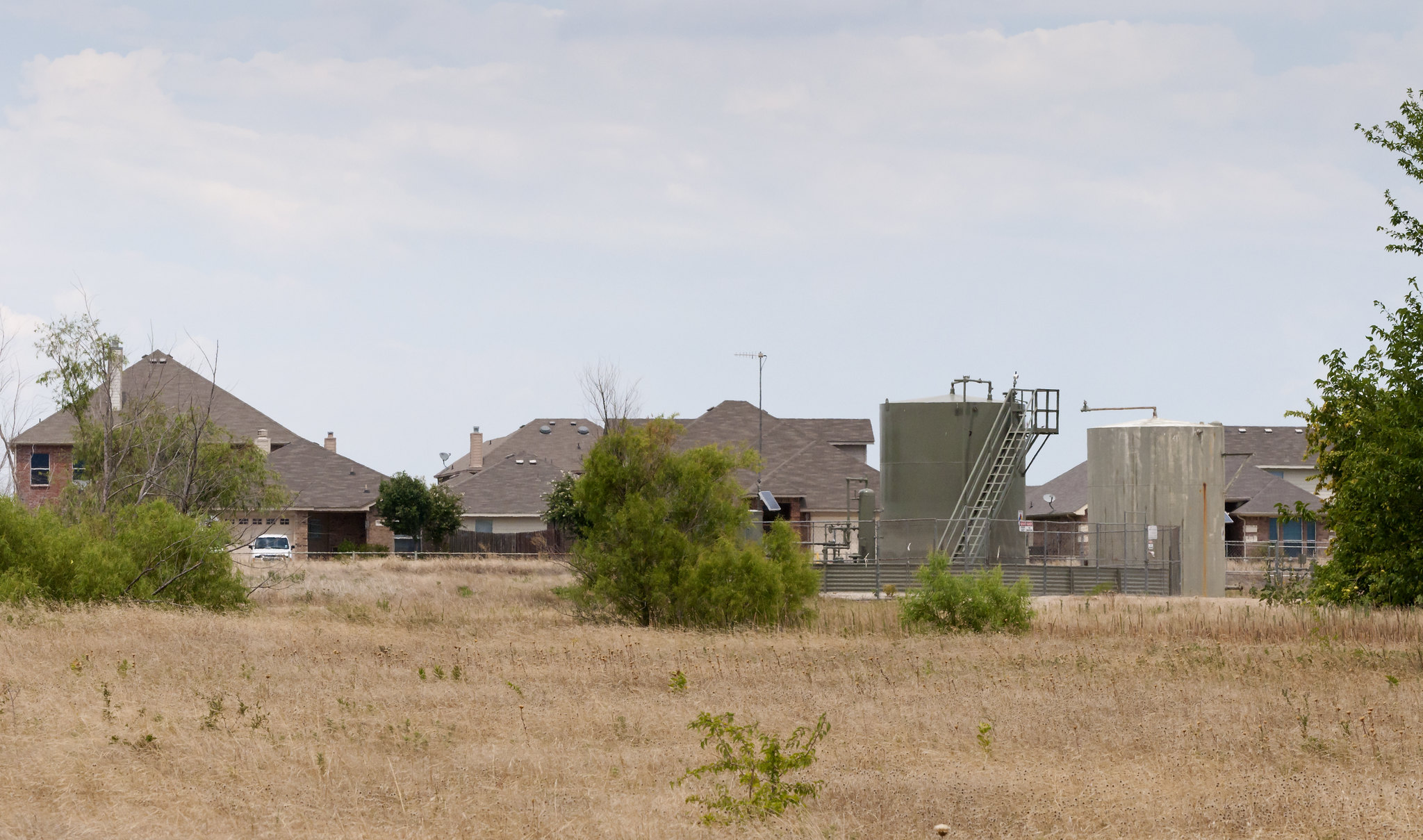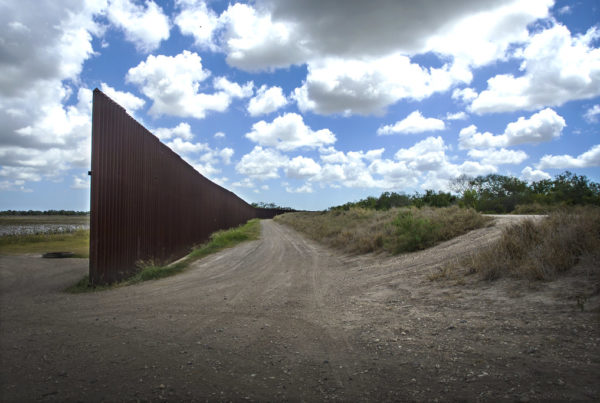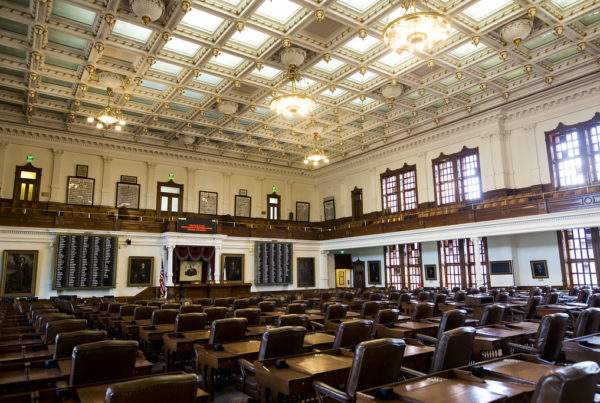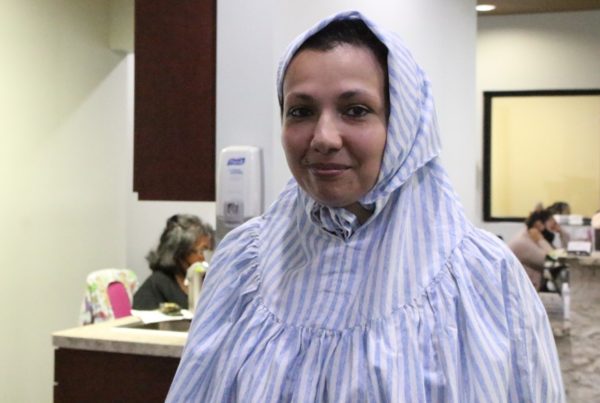Residents of Arlington, Texas, live on top of one of the country’s biggest natural gas fields: the Barnett Shale. But recently, some activists have pushed back against new drilling projects there because of the potential negative health effects on young children.
Elizabeth Shogren of the public radio show “Reveal,” produced by the Center for Investigative Reporting and PRX, told Texas Standard that pushback began after locals discovered that French oil giant Total was planning to drill a new well near a day care center that served mostly Black and Latino children. Arlington ended up rejecting Total’s permit request for that well during a “dramatic” city council meeting last year, Shogren said.
“Not many people noticed it because COVID was happening. And at the same time, there was this reckoning that was really happening in the aftermath of George Floyd’s killing. So it was a lot going on,” she said. “The city council did something which would have basically never [been] done before.”
But activists’ hopes were dashed after the city approved Total’s drilling of seven new wells in different locations weeks later. That turn of events piqued Shogren’s interest in a larger story about natural gas drilling in Texas communities.
She says Arlington is like other shale boom cities where residents live close to natural gas wells; they’re more integrated into the local landscape compared to oil wells that are drilled away from most communities. In Arlington, she says Reveal data reporters found that tens of thousands of children go to schools and day cares within half a mile of a well, and many are children of color.
Increased proximity to natural gas wells has led to a growing body of scientific research studying possible health consequences. Shogren says researchers have found higher instances of asthma hospitalizations, childhood leukemia, birth defects and more in areas close to wells, but says it’s hard to definitively prove any of those problems were cause by fracking. Even so, she says some activists argue the city should have researched the health risks sooner.
“Scientists have been scrambling to try to understand what’s the impact on health. And there has not been a good health study in Arlington,” she said.
At the same time, Texas has made natural gas drilling more accessible. It banned local drilling bans in 2015. And city and state laws make it easier for an energy company to get permission to drill once it has drilled in an area before.
“It makes it very difficult for a city to say ‘no’ – at least that’s what the city staff told me in Arlington,” Shogren said.
Pollution from natural gas drilling is regulated and monitored by the Texas Commission on Environmental Quality, or TCEQ, though Shogren says the agency usually only inspects wells if there are complaints. That’s why she urges people to speak up if they suspect a health issue could be connected to a nearby well. TCEQ would not speak to Reveal, but did answer Shogren’s questions by email, she says.
Energy companies also benefit from a “loophole” in the federal Clean Air Act, which Shogren says allows for a well’s pollution to be measured individually rather than in aggregate with other nearby wells. She says that could obscure the total environmental and health impacts of gas drilling in a certain area.
Some states have revised their drilling rules to protect public health. Shogren says Colorado now requires wells to be at least 2,000 feet from schools or homes. Texas does not have a statewide setback rule. Arlington does, but Shogren says there are many exceptions.
“Next to some of the day cares that we looked at where there is drilling, it can be as as close as 300 feet,” she said.
This story has been updated.














